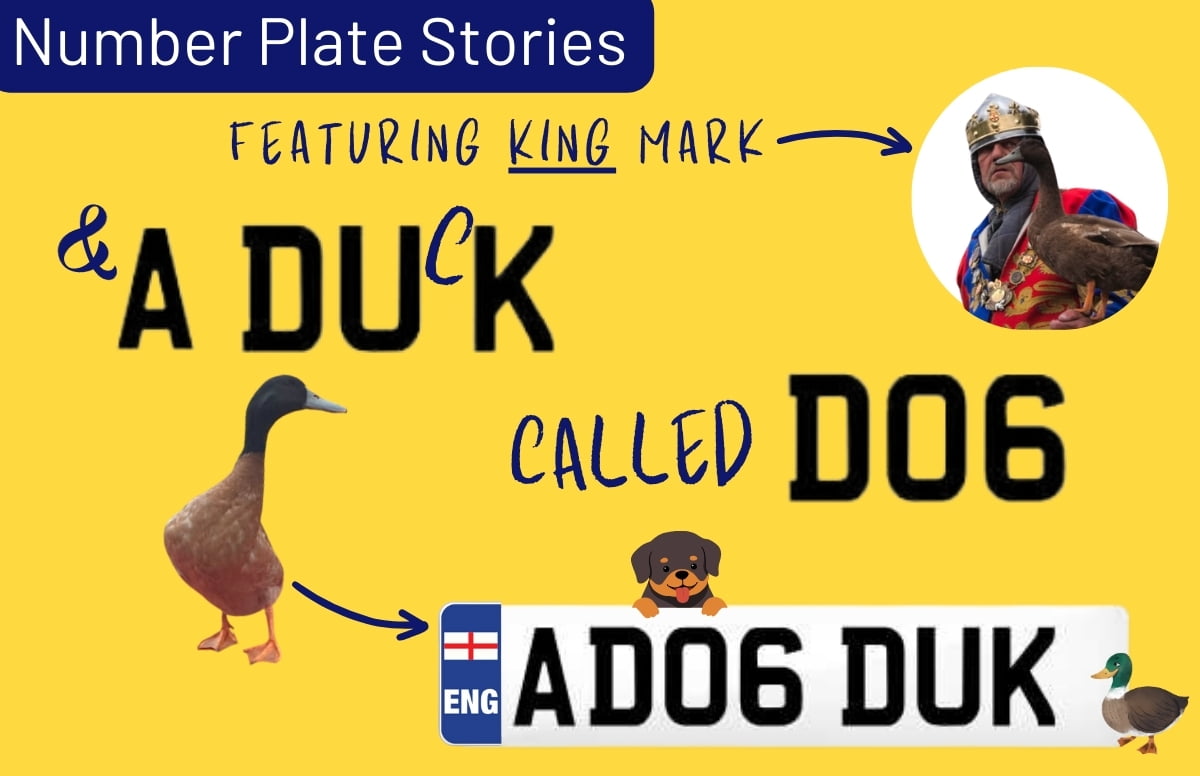Can you be tracked by your number plate?
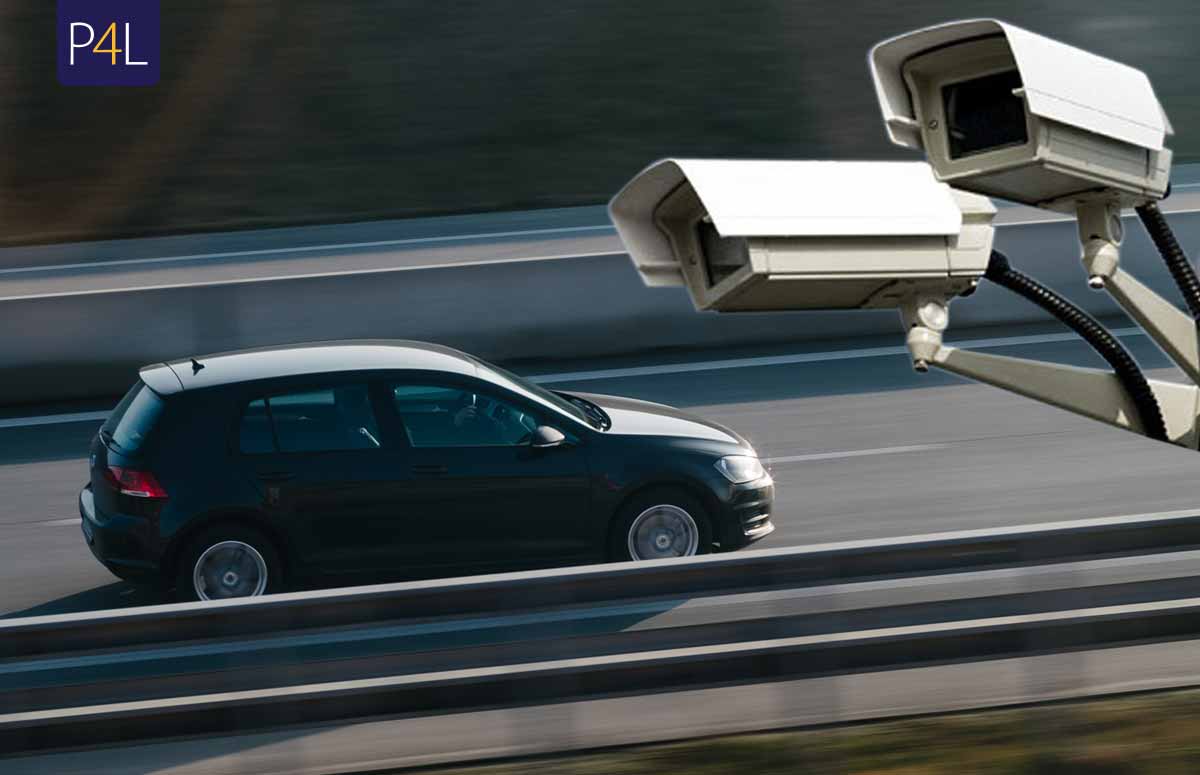
For the most part, identifying the owner of a registration mark can only be done by the DVLA and law enforcement, who can access such information through the Police National Database. It used to be that parking companies could also obtain this information with ease but recent changes in policy have made this more difficult in an effort to prevent crime; some ‘companies’ were attempting to extort money in the form of invented fines. Indeed, even some local authorities have had their rights to the information restricted due to their own misuse.
You can use a registration mark to ascertain various details about a vehicle, such as its current tax or SORN status, its MOT expiration date, the date of its first registration, year of manufacture, even its CO2 emissions, but when the vehicle belongs to an individual rather than a company, their identity falls under the Data Protection Act.
In some cases, members of the public are able to learn the identity and address of someone through their number plate, though they will need to apply (and pay a small fee) to the DVLA, supplying a valid reason for requesting such information, such as having been in an accident with another party who refused to provide any personal details.
Private number plate companies are often asked about tracing the owner of a registration mark. It might be because someone is parking where they shouldn’t (or it might be because they liked the look of the driver!) but usually it’s because they’re seeking a particular plate to purchase. Some of these companies will offer to source a registration mark for a finder’s fee, but unless the owner is already listed with the company as wishing to sell then there is no legal way for such companies to locate them. Using a registration mark as a means to identify an individual is limited under the GDPR laws and many people (including police officers) have been convicted for such misuse. While in some instances it may be with harmless intent, such as wanting to buy the registration, it may also be used to harass an individual, hence the strict laws surrounding the process.
As well as being able to trace the owner of a registration, the police are able to track a vehicle’s movements across the UK, thanks to Automatic Number Plate Recognition technology (or ANPR). With more than 8500 cameras situated around the country, ANPR is capable of capturing up to 35 million registrations per day, making it one of the largest non-military databases in the country. Some police vehicles are also fitted with this same technology, providing up-to-date, real-time information that allows officers to respond immediately to the data received.
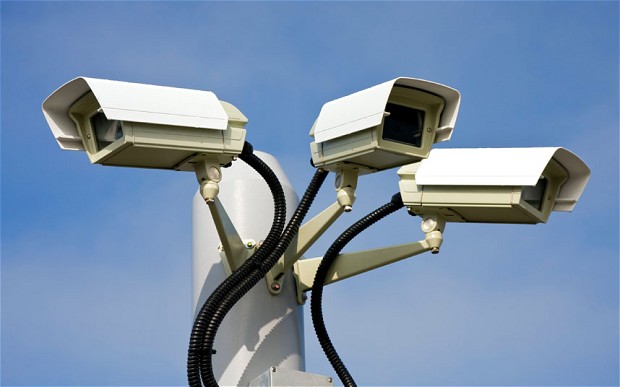
The ANPR system is able to cross reference with the Police National Computer in order to identify vehicles already associated with crimes, while the image captured on camera may even identify the driver and passenger, directly linking individuals to a particular vehicle. What’s more, the data can also be used to identify patterns in a vehicle’s use and the areas of its movements. There are even plans to use this technology to monitor those who drive with noisy exhausts or play their music too loud.
One of the downsides to this new technology is that a new crime has emerged as a result, namely number plate cloning. While legitimate manufacturers insist on seeing proof of registration ownership before producing number plates, there are others (especially online) who will make no such demand. If duplicate plates are then added to a vehicle of the appropriate make and model then criminals are less easily traced and any fines they accrue can be attributed to the wrong person (although this same technology can often prove the injured party’s innocence).
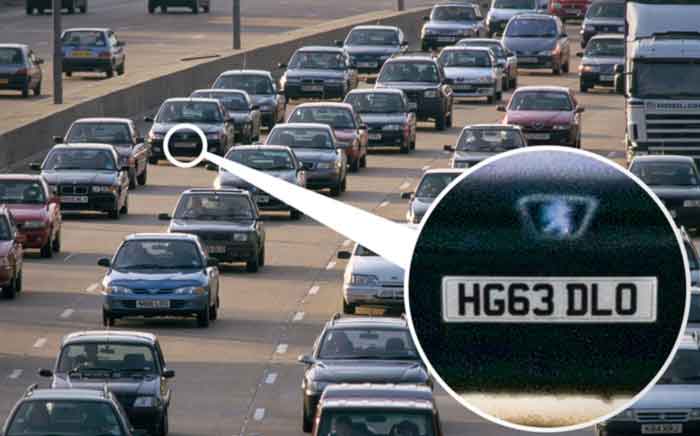
Some people go to great lengths to avoid being tracked by their registration, such as coating their plates with a reflective spray which prevents it from being captured on camera. Others invest in James Bond style number plates that flip over to switch registrations, or covers that descend at the push of a key fob to hide the plate. As well as risking a steep fine, the use of these measures can be considered ‘perverting the course of justice’ and lead to jail time.
If you’re concerned that someone can identify you through your number plate, or even trace your whereabouts, then don’t worry, it should only be the DVLA or law enforcement who are able to do so, and only with good reason. As for tracing the owner of a plate in an effort to purchase it, while private plate companies are unable to legally locate the owner, they can often source a close alternative registration, so if you’re looking for that perfect plate you could still be in luck. And unless you’re buying a plate that bears your name, then you can also rest assured that your own identity will remain private.
Latest articles
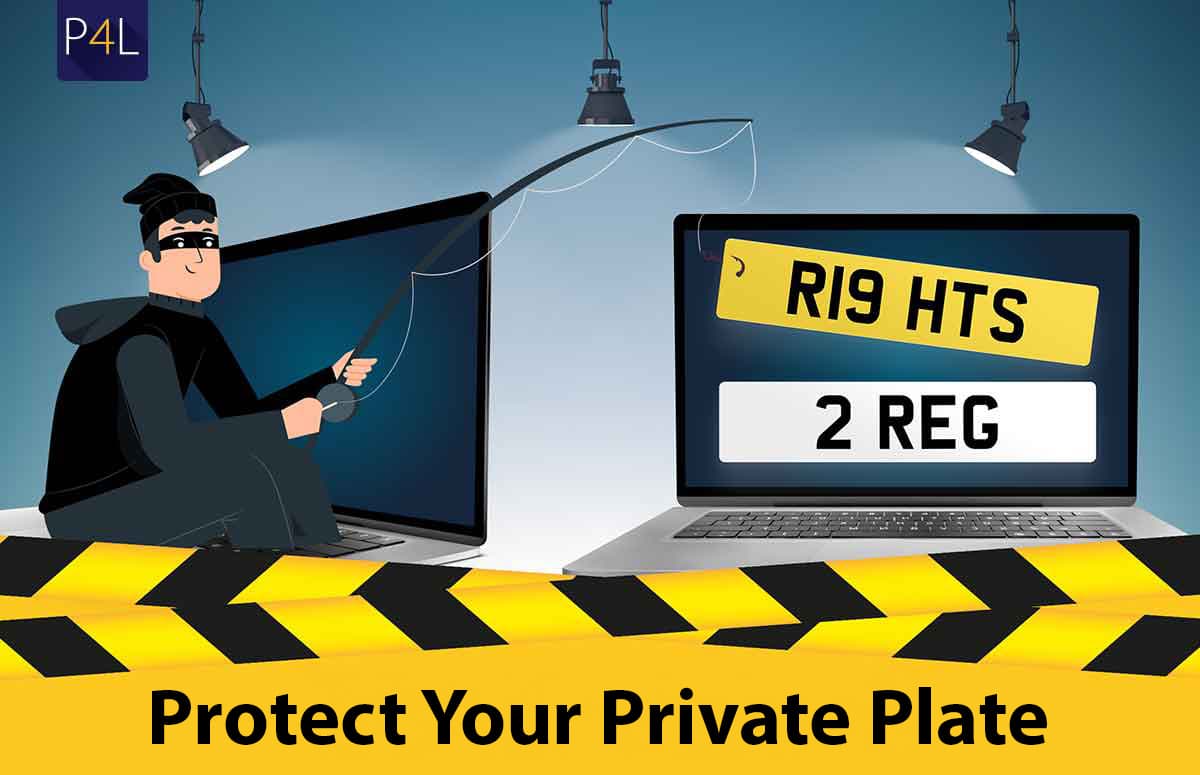
Plates4Less Launches New Guide to Help Private Plate Owners Protect Their Assets
View article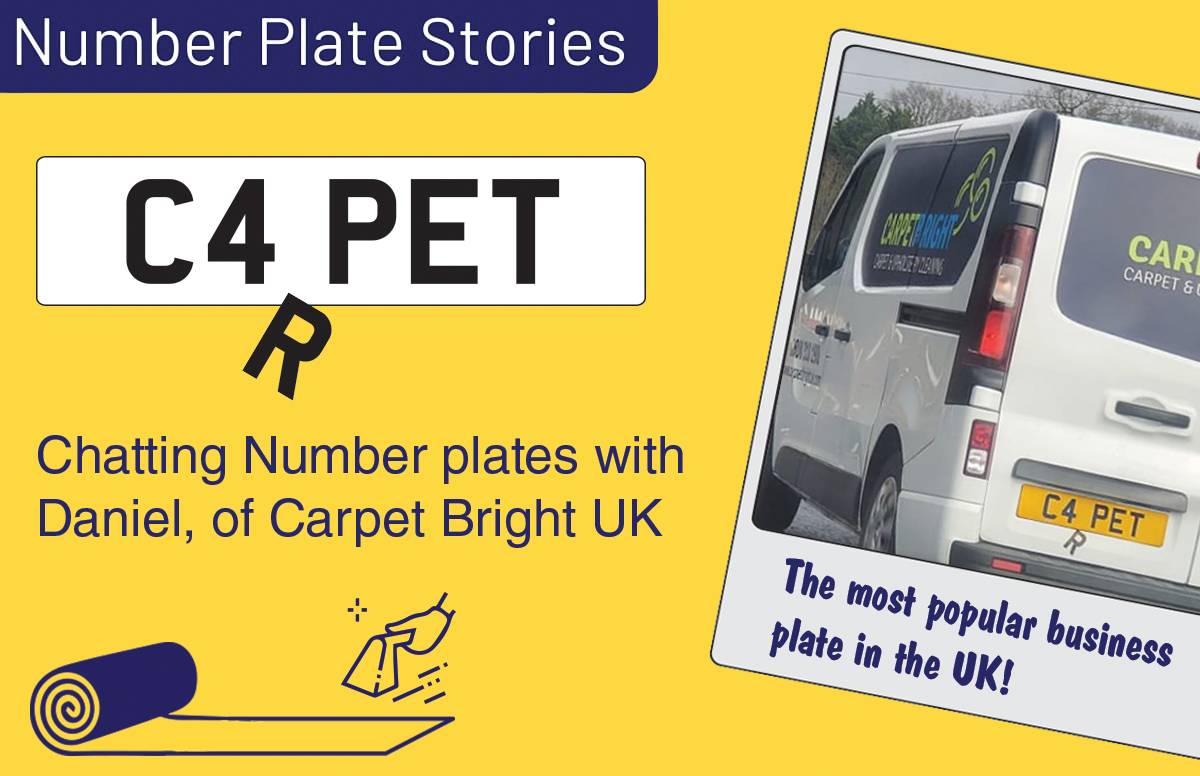
Carpet Bright UK - How Fun Personalised Number Plates Drive Marketing Success
View article
Spotted - Some of the Best Business Number Plates
View article